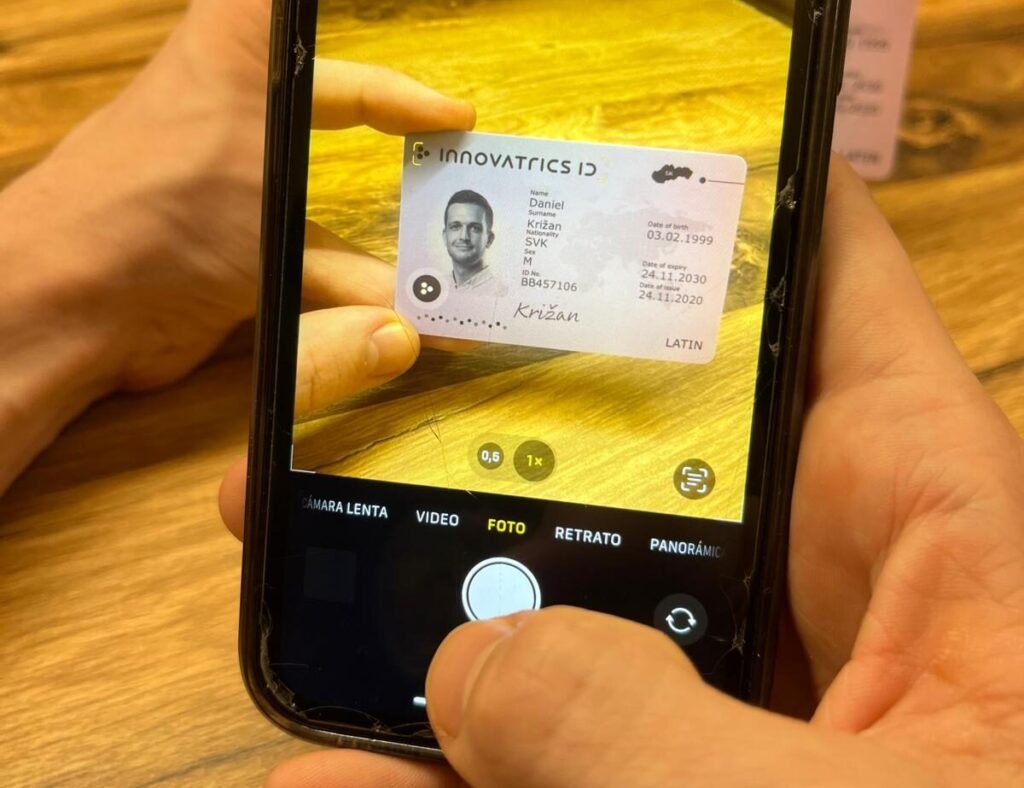AC Milan and Inter made headlines this week by rejecting hundreds of season‑ticket requests from so‑called “non‑grata” ultra fans to improve stadium security. Working with the Milan prosecutor’s office and the police, both clubs refused renewals after the Doppia Curva investigation exposed a network of match‑day crimes, including stadium violence, intimidation of regular supporters, organised ticket scalping, and extortion of vendors and parking operators.
By denying these ultras season tickets, Milan and Inter are sending a clear message: zero tolerance for behaviour that endangers other fans and tarnishes the match‑day experience.
But beyond the symbolism, a crucial question remains: is simply denying season tickets enough to improve stadium security and keep these individuals out of the stadium?
Is This the First Step Toward Real Change to Improve Stadium Security?
The fact is that, without meaningful innovation, banned supporters can still slip into the stadium, much like they do today.
Today, the clubs have no effective way to stop all those individuals from entering. Law enforcement and club officials confirm that banned individuals often bypass stadium restrictions using illicit methods, such as fake or borrowed match‑day tickets sourced through black‑market scalpers or friendly ultras. Entire illegal resale networks linked to organised crime openly supply access to banned individuals. These operations are so sophisticated that ultras exploit inside help from stadium staff, black‑market intermediaries, and fake‑ID schemes to remain present on match days.
If this is to be more than a PR stunt, Inter and Milan must think one step further and adopt real solutions that stop banned individuals from entering matches. The same goes for dismantling the illegal resale channels that the criminal fan network uses for ticket reselling.

Identity‑Based Ticketing
To truly keep banned individuals out, each ticket must be tied to a verifiable identity. The concept of identity‑based ticketing and access control is simple and involves two steps that guarantee the person entering the stadium is the same person who purchased the valid ticket (or season card). First, the buyer verifies their identity while purchasing. Second, at the gate, the spectator proves that the name on the ticket matches the identity on a valid ID.
In theory this could be done manually: buyers enter their real data online, and staff at the gate check each ID against the ticket. Yet, as our discussions with clubs far smaller than Inter or Milan confirm, such a process is prohibitively expensive. In a complex venue like San Siro, it also exposes a fatal weakness such as the human middle‑man. Relying on staff creates risk and a major security flaw, not to mention the ease with which highly organised groups in Italy can obtain fake IDs.
Another vulnerability is the way manual checks slow entry, creating potentially dangerous bottlenecks and degrading the fan experience.
Secure and Reliable Identity‑Based Ticketing
The good news is that these problems have already been solved elsewhere. In Brazil, clubs have used identity‑based access powered by facial biometrics since 2022, and from 2025 the system has become mandatory for all major events by law.
The solution is strikingly simple: use technology to tie identity to ticket through facial biometrics.
Returning to the two‑step process, modern facial‑ticket solutions perform a standard eKYC check when a fan buys a ticket online or at the counter, just like opening a Revolut account online. You photograph your ID, take a selfie, and the system matches the ID photo to the selfie. If they match, you can buy the ticket. Your face is then linked to the ticket, making it impossible to pass it to someone else except through the club’s official transfer platform. Clubs and fans retain absolute control over the ticket, leaving no room for malicious actors. Legislators already recognise this process as reliable enough to open a bank account or access public services in many European countries: it can recognise fake IDs, verify against national registries, and provide additional security checks.
The second step is facial recognition at the gate. Facial biometrics already makes the approach reliable and secure in Brazil and elsewhere. When you arrive at the stadium, you no longer need to show a ticket or an ID; you simply present your face. If your face is banned, the system knows and refuses entry. There is no human middle‑man, no risky bottlenecks, and no poor fan experience.
Only the person who bought the ticket through official channels can enter, eliminating fake tickets and illegal reselling operations and greatly enhancing stadium security.

Improve Stadium Security with Privacy in Mind
Identity‑based access systems in stadiums may raise privacy concerns. Yet, contrary to popular belief, they can be designed with privacy‑by‑design principles and comply with the strictest regulations.
They operate with biometric templates, data‑minimised, anonymous representations of a person’s face that are only about 512 bytes. Only the system that created the template can recognise it, and the template is stored solely at the access point. Advanced solutions such as FQR can even eliminate the need for a biometric database while delivering the same benefits (LINK).
Crucially, the biometric data are never used for purposes other than access and remain fully under the person’s control. This is not surveillance that tracks people across public spaces—just a secure checkpoint where identity is verified.
Tackling Illegal Resales
Milan and Inter’s decision to block season cards for “non‑welcome” ultras is a bold move, but it doesn’t solve the problem of illegal ticket reselling. Without identity‑based ticketing, these criminals can still exploit black‑market networks. Identity‑based ticketing removes that loophole as each ticket is “face‑locked” and cannot be resold, transferred, or used by anyone other than the original buyer. It also shuts out bots that bulk‑buy tickets before real fans can access them, creating fairer access for genuine supporters. Reselling or transferring would still be possible, but only through the club’s official platform, ensuring transparency, cutting illegal profits, and protecting both club revenue and reputation.
What Clubs Should Do Next to Improve Stadium Security
Season‑ticket bans make a statement but are not a solution. So what should clubs do next to keep criminals away from stadiums and grow the fan base?
“There is a hard core of 2 to 3 percent of the spectators – I don’t want to call them fans – who are holding our football hostage today. We want that 2 to 3 percent out of our stadiums, because then we will grow 10 to 15 percent in spectator numbers. These are families with children who are staying away today. We want to make stadiums safe again.”
Lorin Parys, CEO of the Pro League
The best approach is to explore modern technology for safe and secure identity‑based ticketing. Best practice recommends limited pilots using opt‑in programmes such as fast tracks so clubs and fans can familiarise themselves with the technology and begin conversations with fans and institutions based on real results and feedback.
Facial biometrics is the most user‑friendly solution. As the experience from Brazil and USA suggests, it significantly improves the fan experience while eliminating the pains clubs face, from criminals in the stadium to revenue lost through illegal ticket reselling.
Conclusion
Banning ultras from buying season tickets is only the first half of the job; the second is sealing every gate against unauthorised entry and truly improve stadium security. Identity‑based ticketing, anchored by privacy‑by‑design facial biometrics, gives clubs a proven path to that goal while protecting genuine supporters, restoring revenue, and reclaiming match‑day culture.
Milan, Inter, and leagues across Europe now have a chance to move from reactive bans to proactive safety. Start with opt‑in pilots such as fast‑track lanes, gather data and fan feedback, then scale across the entire stadium ecosystem. When technology, regulators, and clubs collaborate, football can become both safer and more welcoming than ever.
TruCrowd stands ready to help any club take the next step.


